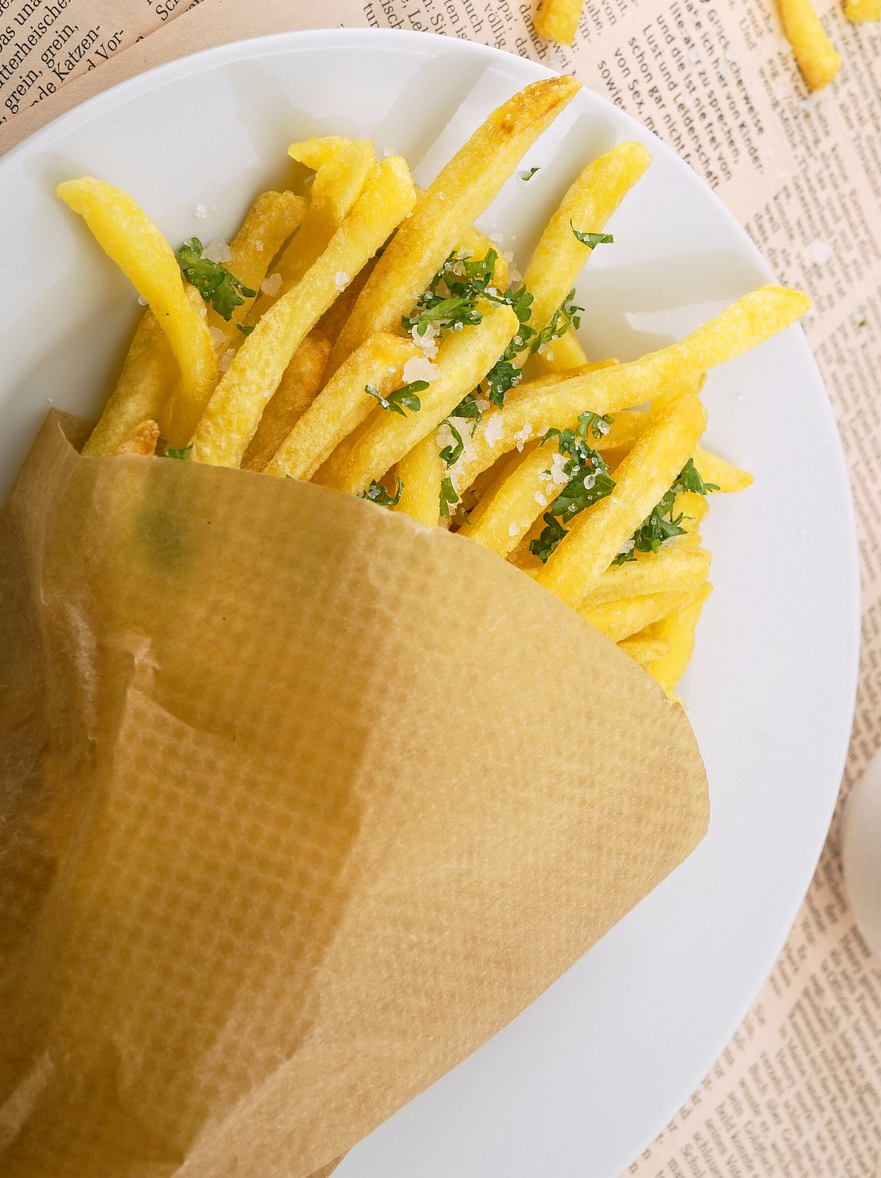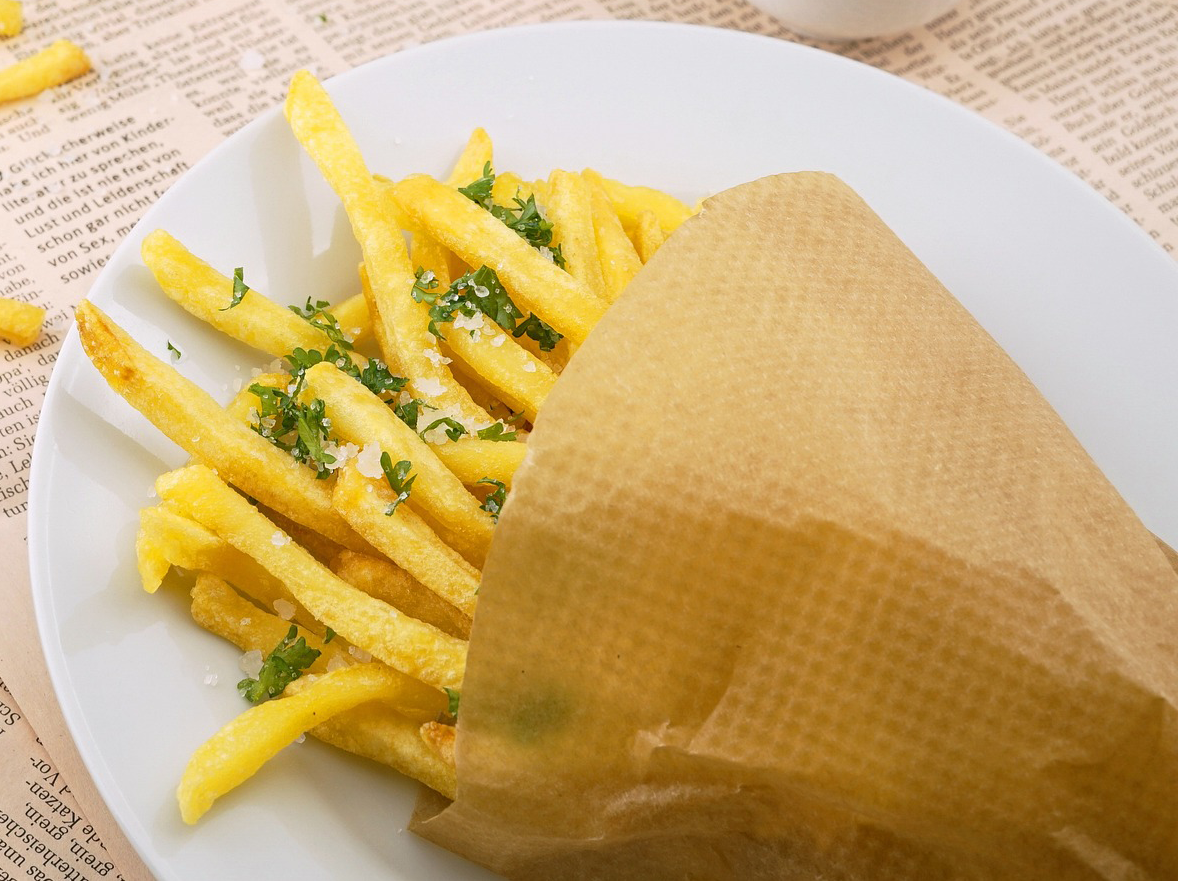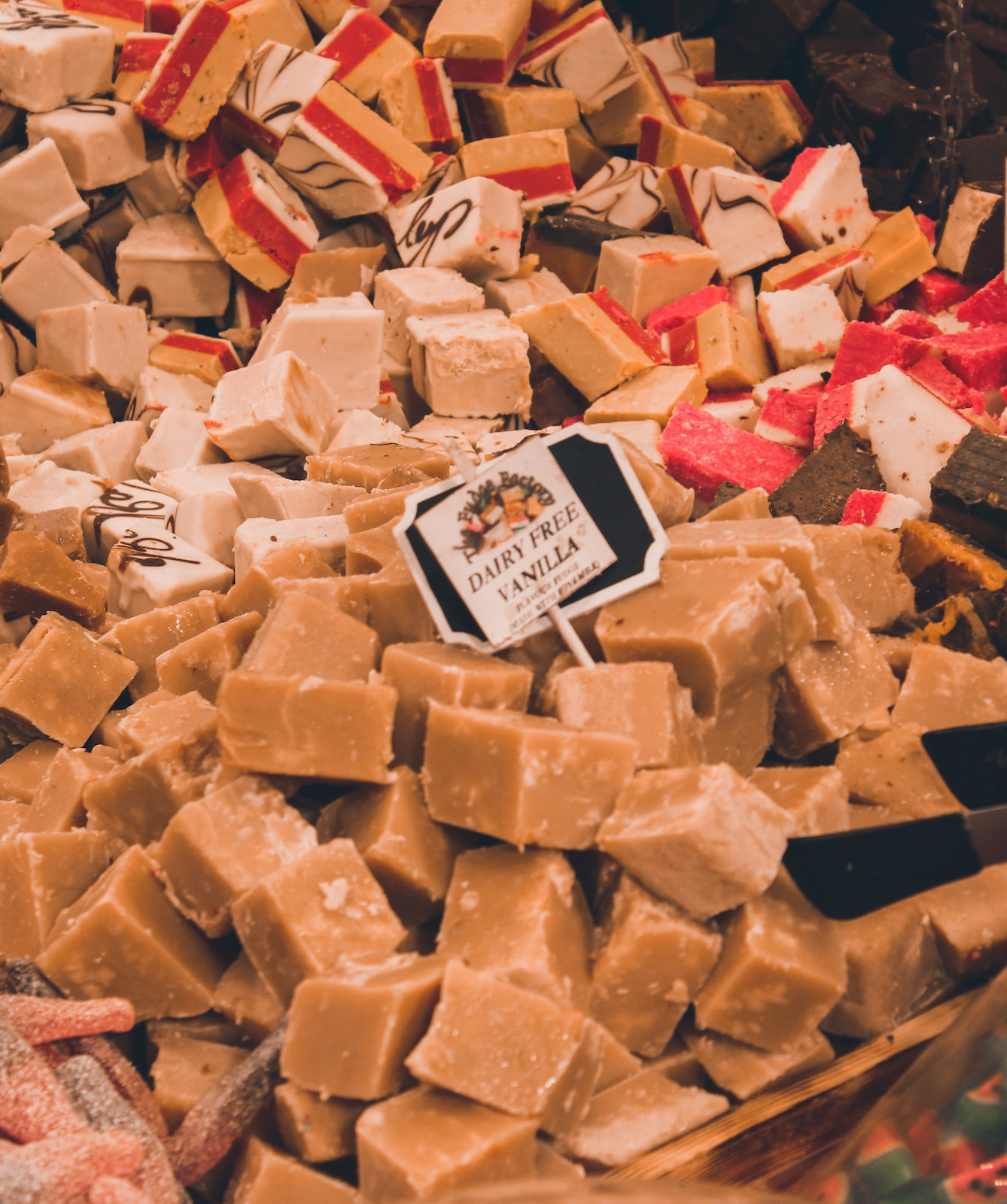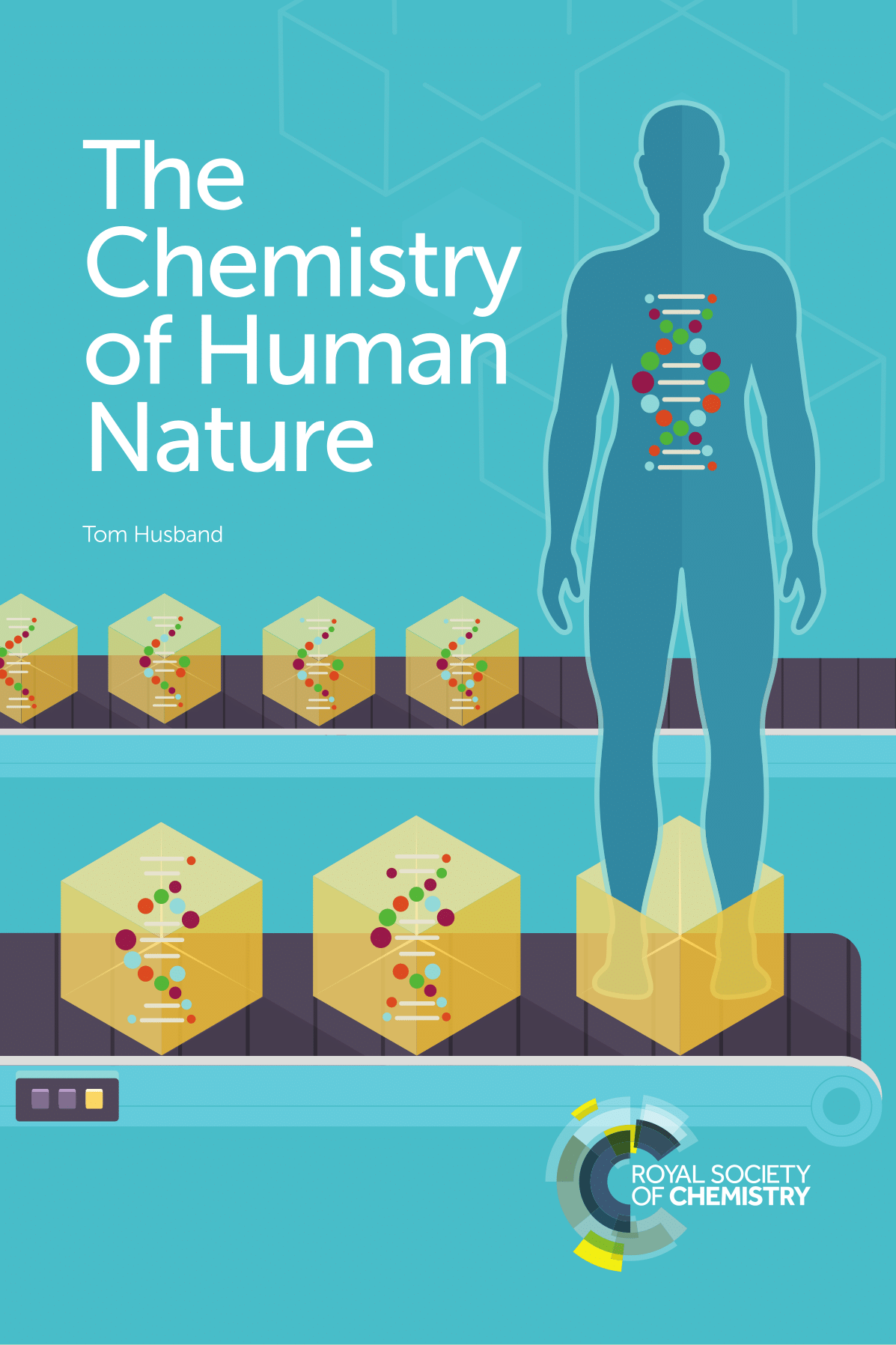
Hi, I'm Tom
I tutor physics, biology and chemistry GCSE and chemistry A-level. I’ve had a passion for chemistry since I did my own A-levels. At university I realised how mind-blowing it is what atoms do inside our bodies and my fate was set. I’ve been dedicated to lighting that same fire in others ever since.
"Tom is a fantastic tutor - very professional, knowledgeable, understanding and helpful. My son really enjoys the lessons with Tom."
Why should you hire me?
My passion for chemistry is infectious and I make praise the first part of any response. I put your child at the centre of their learning and sensitively seek out and eliminate their weaknesses, while emphasising their existing strengths. I find out the things they do for fun and pitch new learning in those familiar contexts.
"Tom is a great teacher..., he is clear and precise about what he`s explaining and tries to relate it to real life."
What are my lessons like?


It’s mostly me asking you what you like on your chips. Well, not quite, but when we begin a topic, I'll always look for a way to make it relatable. And you might not like chips, in which case I’ll find out whatever food you like with salt and then we’ll talk about what holds the particles together in salt (ionic bonding). Then down the line I’ll ask you if there’s anything else you like on chips and if you don’t like vinegar we’ll find something you do like which contains vinegar. (Did you know there’s vinegar in ketchup?) Then we can talk about acids being proton donors, weak acids partially dissociating, carboxylic acids being produced by the oxidation of ethanol and so on. Once you feel clearer about the theory, we'll look at some exam questions and then find another thing to learn. Over time this will boost your confidence and raise your grade.
"Tom is a fantastic tutor! He engaged my son really well in lessons, explained the topics thoroughly and took his time to make sure my son understood them properly."
Demo
Why does heating evaporated milk make caramel? This video captures me in my element, so to speak, using the flavour of banoffee pie as a context to explore an important part of the UK A-level chemistry syllabus - the structure and bonding of benzene.
Publications
Polished Polymers
Learn about the free radical reactions that make nail manicures possible. Published in The Mole, Royal Society of Chemistry.


The Sweet Science of Candy Making
Learn how making fudges links to the challenging concepts of crystallisation, intermolecular forces and dynamic equilibrium. Published in ChemMatters, the American Chemical Society.
The Chemistry of Human Nature
Explore the biochemical processes that motivate us to eat, fall in love and behave in the unique ways we do in this popular science book published by the RSC.

"Tom very quickly established an easy rapport with my daughter and as importantly made the material more engaging and enjoyable which helped her focus and concentrate. His feedback was immediate and constructively positioned and he quickly followed up with reinforcing material and information. I would recommend him strongly"